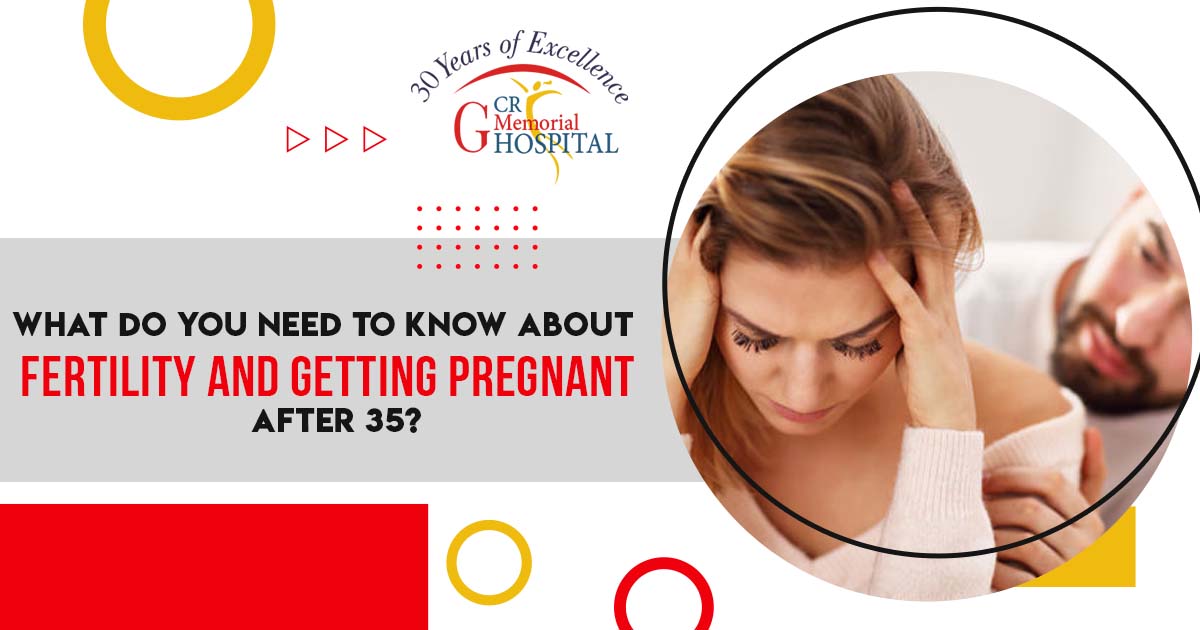
Why does fertility decline with age?
After the age of 35, the woman’s fertility declines. This shift is gradual and manageable. Once you turn 35, your chances of conception during the most fertile days decrease each year. For a better understanding visit our IVF centre in Punjab. Here’s an insight into the clinical intervention:
- Average 30-year-old
20% chance of conceiving (1 in 5 chance)
- Average 40-year-old
Less than 5% chance of conception (1 in 20 chance)
Conception chances based on age:
- Age 19-26: 92% chance of getting pregnant in one year
- Age 27-34: 86% chance of getting pregnant in one year
- Age 35-39: 82% chance of getting pregnant in one year
What are the factors which affect fertility?
- Smoking
Smoking tobacco contains harmful chemicals that can impact the ovaries and functioning of the fallopian tubes. If the person smokes then he or she has a higher risk of having infertility, sperm issues, and many other reproductive problems.
- BMI
BMI tool is the measurement tool to assess the body-fat percentage. If your BMI is higher or lower then it impacts your chances of conception.
- Nutrition
If your body is not getting the right amount of nutrients then you will face problems getting pregnant.
- PCOS
PCOS can affect fertility as it can result in fallopian tube blockage which is an important factor for conception.
What are the complications and health problems in people over the age of 35?
- Gestational hypertension (high blood pressure during pregnancy), preeclampsia (high blood pressure damage the organs like liver or kidneys, and gestational diabetes.
- It is important to get prenatal care and medical supervision. Make sure that following the doctor’s advice your health can get back on track.
- Placental abnormalities are the problem when the placenta does not escape from the body following the pregnancy.
- Increased chance of cesarean section (commonly known as C-section).
- Increased chances of breast cancer. However, the research is not clear why pregnancy can affect breast cells.
Are there methods to improve the conception chances?
Ovulation testing, fertility hormone testing, and various lifestyle adjustments can help you benefit your fertility and you can make an informed decision.
Women over the age of 35, need to get a modern fertility hormone test and the results of it will help the fertility expert to prepare a treatment plan for you.
Make sure that you follow the recommendations given by the fertility expert and do regular exercise as per the scheduled time and take the necessary prenatal vitamins.
